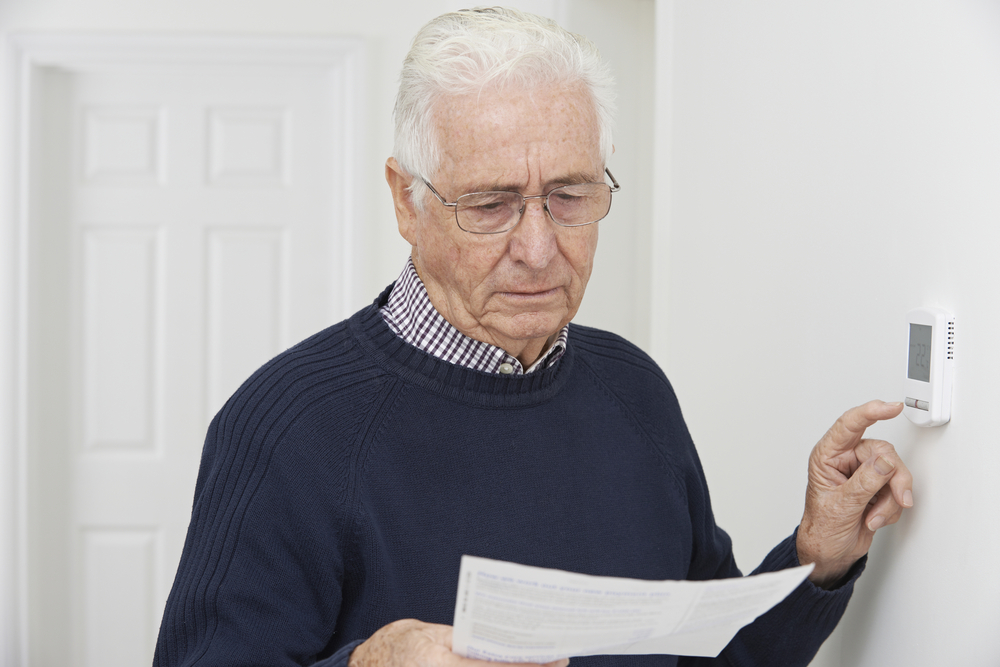Household Bills
Energy price cap hike to add £1bn to bills

A staggering 11 million households could see their energy bills go up by more than £1bn collectively when the government’s new price cap comes into force in April.
The regulator Ofgem will announce an increase to the cap on Thursday, with some predicting it could go up by £100 or more.
The cap, which only came into force on 1 January, sets the maximum rate energy providers can charge customers on standard variable or default tariffs. It’s currently set at £1,137, meaning a typical customer won’t pay more than this a year on average.
Ofgem said the average family would save £76 a year.
But the cap is updated every April and October to take into account the varying costs of wholesale energy.
And with 11 million households currently on a standard variable or default tariff, a £100 hike to the cap would collectively add £1.1bn to bills, according to analysis by automatic energy switching firm Look After My Bills.
Another auto-switching firm, Weflip, said the price cap will deliver one of the “single biggest energy price increases” the market has seen in years.
Weflip’s head of energy, Sally Jacques, said: “This is the first test for the new price cap and more importantly for providers. Before the cap was introduced, the big six [energy suppliers] competed on price, with their standard variable tariffs varying by around £50 to £100 a year. We are now likely to see them all rise, as one, to the level of the cap.”
She added: “To be fair, the cap review will only be reflecting wholesale price movements, and these increases would probably have been passed on to consumers by their providers this year anyway. But a huge increase would be the worst possible start for the cap. It will do little to convince consumers that the cap is making a big difference.”
How to beat the hike
Families on standard variable tariffs are encouraged to shop around for a better deal.
Stephen Murray, energy expert at MoneySuperMarket, said: “People who choose to stay on a standard variable tariff are being penalised for being loyal to their energy provider and not switching. It is, however, an easy situation to fix and the message is clear – take control of your bills and don’t let the regulator determine how much you’re paying.
“Go online today and switch to a competitive tariff – it takes five minutes and you could save £200 on your bills. That’s a fifth of what most people are paying at the moment, so it’s worth the effort!”